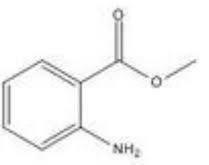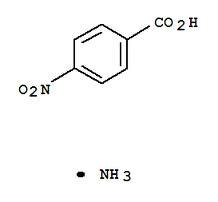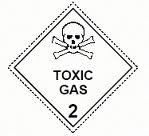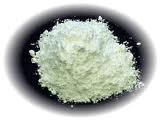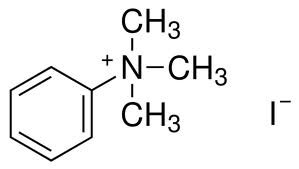Showing 199–207 of 1908 results
-
-
-
Ammonium benzoicum
Benzoate of Ammonia
One of the remedies for albuminuria, especially in the gouty. Gout, with deposits in joints. Urinary incontinence in the aged.
-
Ammonium bromatum
Bromide of Ammonia
Indicated in chronic laryngeal and pharyngeal catarrh, neuralgic headaches, and obesity. Constrictive pain in head, chest, legs, etc. Irritable feeling under finger nails; relieved only by biting them.
-
Ammonium carbonicum
Carbonate of Ammonia
(AMMONIUM CARB)The diseased conditions met by this remedy are such as we find often in rather stout women who are always tired and weary, take cold easily, suffer from cholera-like symptoms before menses, lead a sedentary life, have a slow reaction generally, and are disposed to frequent use of the smelling-bottle. Too frequent and profuse menses. Mucous membranes of the respiratory organs are especially affected. Fat patients with weak heart, wheezing, feel suffocated. Very sensitive to cold air. Great aversion to water; cannot bear to touch it. Malignant scarlatina, with somnolence, swollen glands, dark red sore throat, faintly developed eruption. Uræmia. Heaviness in all organs. Uncleanness in bodily habits. Swelling of parts, glands, etc. Acid secretions. Prostration from trifles.
-
Ammonium causticum
Hydrate of Ammonia-Ammonia Water
This is a powerful cardiac stimulant. As such in syncope, thrombosis, hæmorrhage, snake-bites, chloroform narcosis, may be given by inhalation.
-
Ammonium iodatum
Iodide of Ammonia
(AMMONIUM JODATUM)Indicated when iodine has but partially relieved its cases of laryngitis and bronchitis, catarrhal pneumonia, œdema of lungs.
Head.–Dull headache, especially in young people, face stupid, heavy; vertigo, Meniere’s disease.
-
Ammonium muriaticum
Sal Ammoniac
A state of prostration bordering on a typhoid state is produced by this remedy. All mucous secretions are increased and retained. It is especially adapted to fat and sluggish patients who have respiratory troubles. Coughs associated with catarrhs and affections of liver. A tendency to irregular circulation, blood seems to be in constant turmoil, pulsations, etc. Many groups of symptoms are accompanied by cough, profuse glairy secretions. Its periods of aggravations are peculiarly divided as to the bodily region affected; thus the head and chest symptoms are worse mornings, the abdominal in the afternoon, the pains in the limbs, the skin and febrile symptoms, in the evenings. “Boiling”
-

